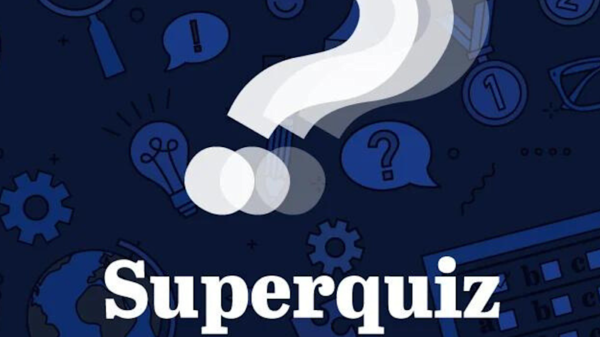At the age of 15, Emily Watkins faced a significant upheaval when her parents announced their separation. This news ignited a surge of anger in her, a stark contrast to the happy child she had been. As her adolescent frustrations mounted, she chose to act out in ways that felt rebellious, including escalating her smoking, drinking alcohol, and ultimately shoplifting. This journey of rebellion led to a pivotal moment that would redefine her relationship with her mother.
The turning point occurred after a particularly reckless afternoon, when Watkins returned home with stolen items tucked away in her pockets. Her mother awaited her arrival with unsettling news: a police officer had contacted her regarding the theft. In that moment of impending crisis, Watkins braced for an explosion of fury from her mother. Instead, her mother offered an unexpected response: “We’ve still got half an hour before he gets here, so let’s get your story straight. Did you put it in your pocket? Could you say you forgot you had it on you?”
This compassionate approach marked a profound shift in their dynamic. Rather than assuming the role of an adversary, her mother chose to be an ally. The kindness shown to Watkins during a moment of vulnerability provided her with the support she desperately needed.
After the incident, which concluded with tears and promises to the police officer never to repeat her actions, Watkins learned about her mother’s own experiences as a teenager. Her mother shared stories of her own rebellious phase during her parents’ divorce, revealing a history of petty theft that resonated with her daughter’s current struggles. The connection forged through shared experiences offered a new perspective for Watkins, allowing her to see her mother as a multifaceted individual rather than a mere authority figure.
Watkins reflected on this moment, recognizing that her mother took a considerable risk by sharing her past. Rather than granting permission to continue her rebellious behavior, her mother’s openness provided understanding and compassion. The experience clarified for Watkins the complexities of adolescence and the importance of empathy across generations.
While she never shoplifted again, the experience was less about the consequences of her actions and more about a profound need for recognition and understanding. This moment highlighted a universal truth: parents are not infallible figures, but rather individuals who navigate their own challenges while raising children.
In recalling this formative experience, Watkins expresses gratitude for the kindness her mother displayed. It was during this crucial time that she learned to view her mother not as a strict authority but as a relatable person who had faced her own set of challenges. This revelation became a pivotal part of her journey into adulthood, emphasizing the importance of empathy and understanding in family relationships.






























































